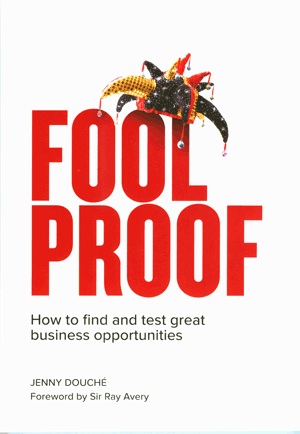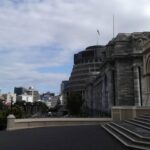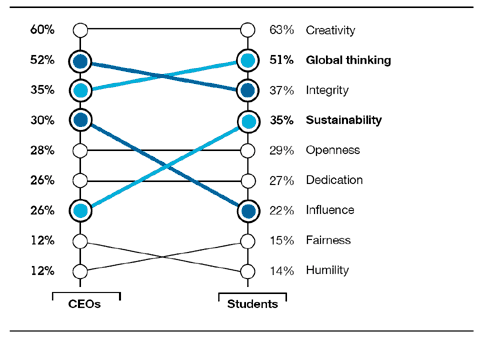The below was written on April 22, 2013, in response to an article in The Dominion Post. It was offered to the newspaper as an op–ed, then to The Wellingtonian, but it was eventually declined.
The Dominion Post’s headline on April 22 confirmed what many of us knew after numerous friends and colleagues left Wellington over the last several years.
Our population growth is below the national average, as are our employment and economic growth. In fact, the regional Wellington economy is stagnant.
In 2010, I stated that we needed to look at our creative sector, and encourage creative clusters, to get Wellington’s economy back on track. Even then it was evident that the early 2010s were not going to get off to a healthy start. If we were to get central government’s support for any projects—even the Mayor’s light-rail programme—then surely the wisest thing would be to increase the industry in our city first?
The free wifi I campaigned on was never meant to be seen in isolation. It was a signal to international businesses in that sector that Wellington was open to investment and collaboration. That inward investment and sharing of knowledge could, in turn, help local firms expand and export.
We had reached the limits of our natural resources, so we needed to start using intellectual property, and increase R&D in our city. While ICT is healthy in Wellington, the priority must be to identify companies, in this and other high-value sectors, that can become nationally or internationally competitive with the right nudge. We should not be, as the late Sir Paul Callaghan stated in a 2011 address, locked into a single sector—and that was what the clusters were all about.
With my 2013 candidacy, not much has changed about these ideas. The real difference is that they have become far more pressing.
The next mayor needs to work with one’s counterparts in the region and agree on identifying, using rigorous criteria, which are our next champions. Which firms, for instance, are those that are sitting on $1 million revenues today that can be at $10 million shortly, if they were given the right exposure, contacts or opportunities?
And since nationally, high-tech exports are growing at 11 per cent per annum, according to the World Bank, it’s not a bad sector to start with. It just shouldn’t be the only one.
Wellington businesses are not asking for hand-outs, but the right connections. These firms also need to be encouraged to look beyond just being content with a small patch, when Wellington business-people often hold great ideals and more socially responsible ways of doing things. These can, in fact, inform the way business is conducted in other cities, and contribute to how New Zealand is marketed and seen abroad.
I do not advocate a policy of “growth for growth’s sake”. But I do argue that the innovative way successful Wellington businesses have approached their sectors can take a larger share of the global pie.
In my case, it’s putting 26 years’ experience on the line, the majority of that in exporting frictionless products and services.
We can opt for politics as usual, or identify and nurture the right players in our business sector.
When it comes to business, it must be international in scope, inspiring politicians at the national level about what Wellington is made of.
We can consider electing people who have spent time bridging cultures and creating those international links, which we need right now if two other cities are getting the government’s focus. Wellington’s businesses have gone under the radar for too long, and they need an ally who can balance their needs while ensuring citizens’ rights are protected.
I see our city having spent too much time breaking its own rules, and being forced to answer through formal proceedings brought by Waterfront Watch and other groups.
The system and its rules are healthy, but the players need to change, and a cultural change, internally and externally, is needed for Wellington in its local body elections.





